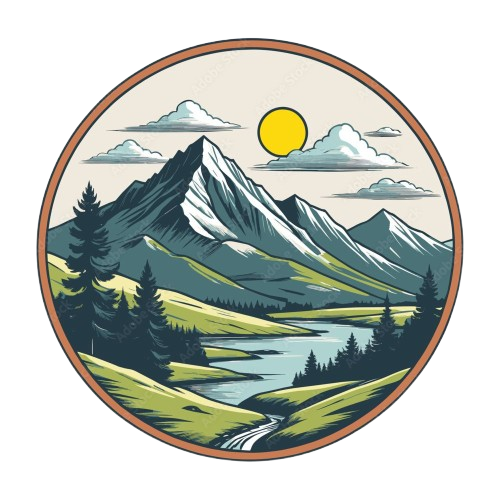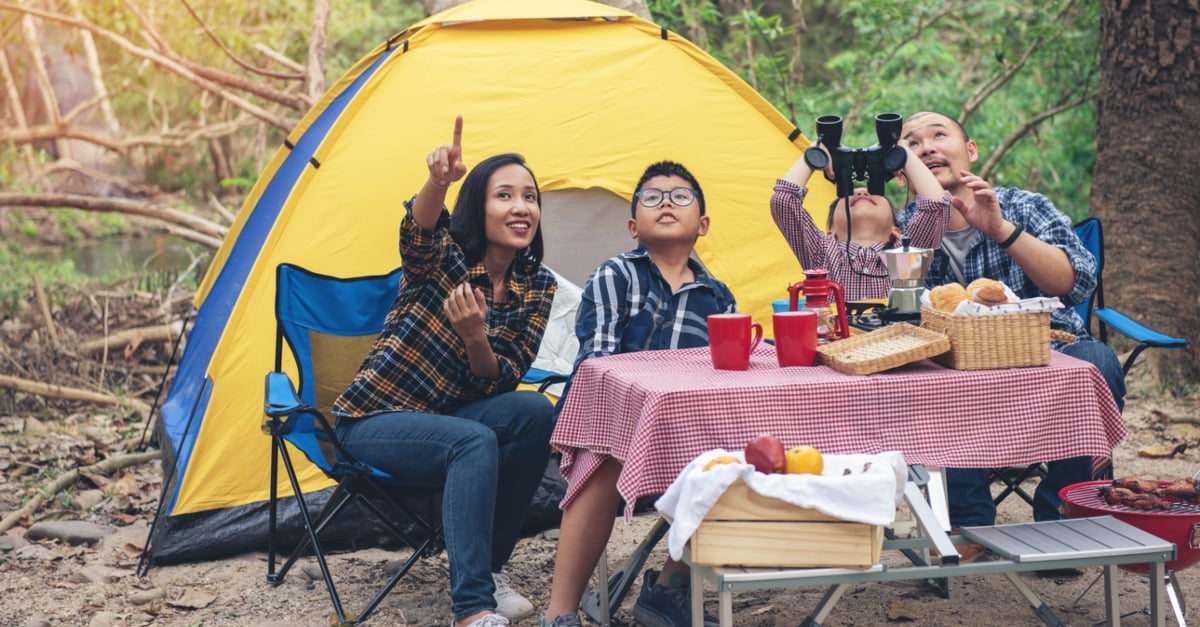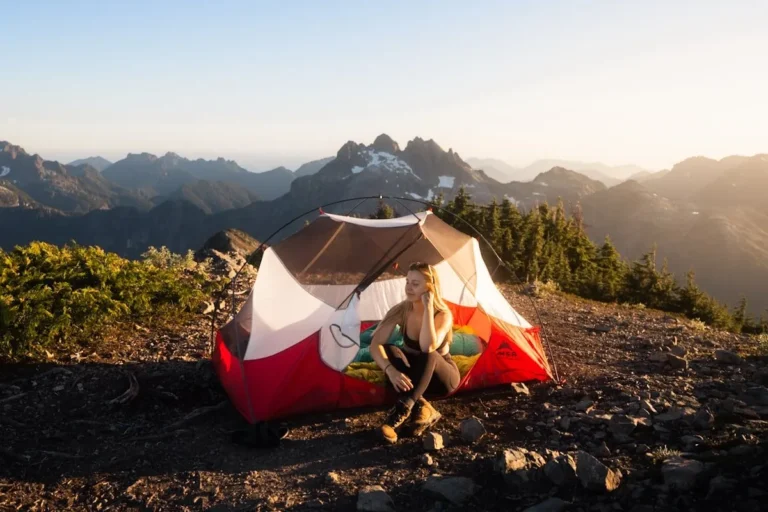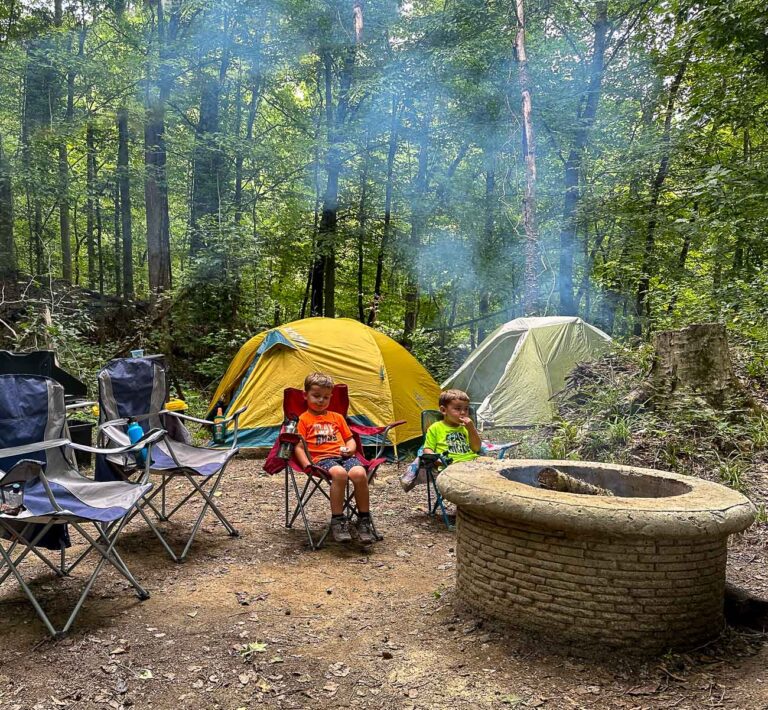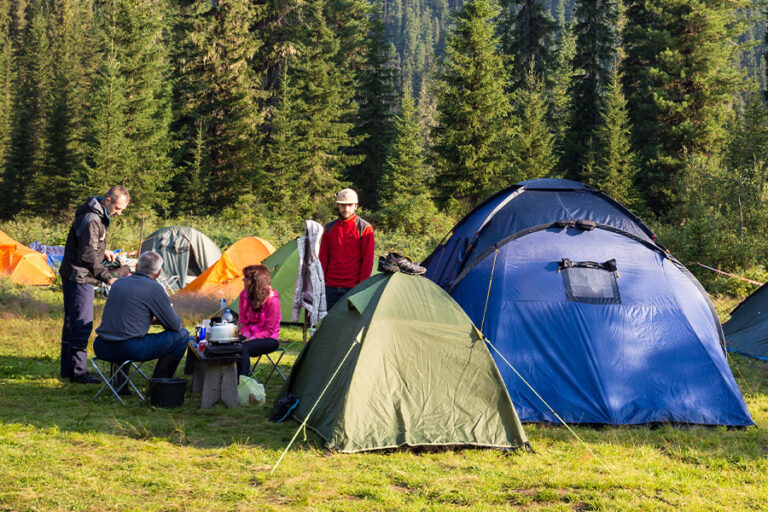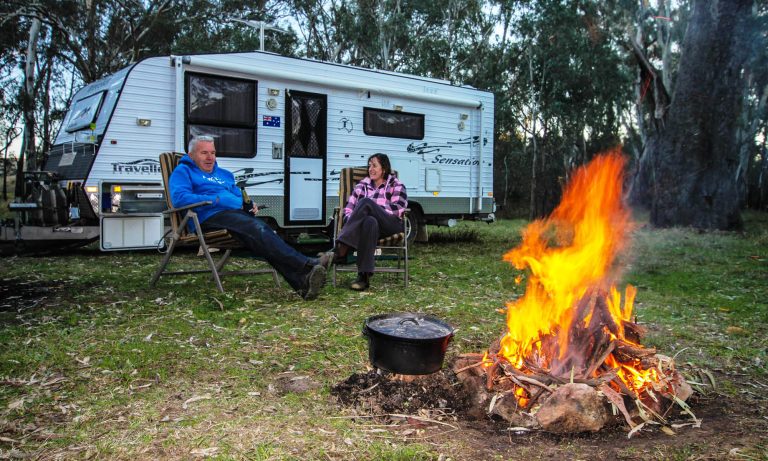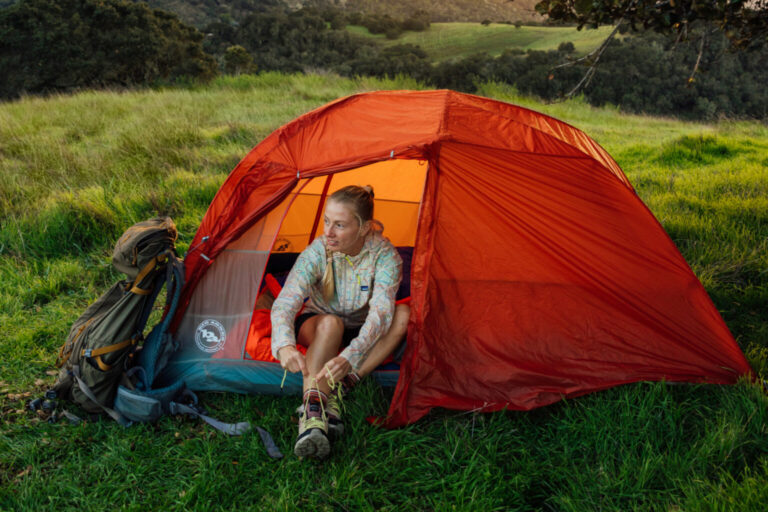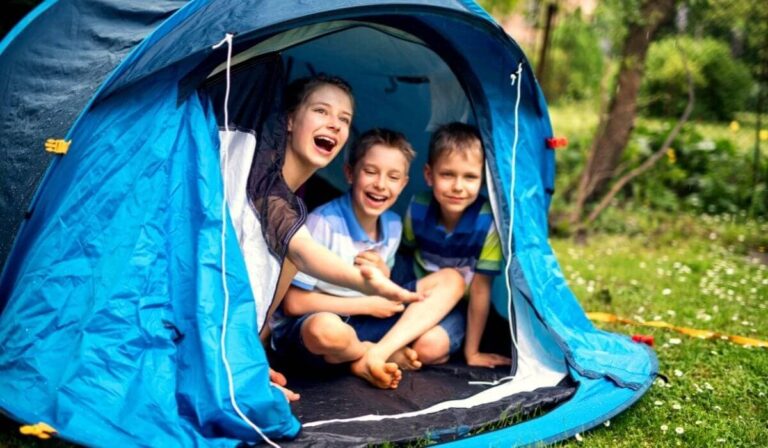7 Considerations Before Taking the Family Camping During an Illness Crisis
Camping has long been a beloved way to spend time with family, disconnect from technology, and get in touch with the natural world. However, what happens if a health crisis occurs, such as the seasonal flu, a community outbreak, or a health issue in your own home? It takes more care, forethought, and accountability to plan a camping trip during such a period.
Before you go out with your loved ones, keep these seven things in mind.
1. Assess the Health of Every Family Member
Before even thinking about packing the tent, take an honest look at how everyone is feeling. A camping trip demands physical activity setting up camp, hiking, cooking outdoors and can be tough on someone who is already unwell. If anyone is running a fever, experiencing fatigue, or showing symptoms of a contagious illness, it may be best to postpone. Prioritize rest and recovery over adventure, no matter how much the trip is anticipated.
2. Check Local Guidelines and Health Advisories
Different parks, campgrounds, and outdoor areas may have specific rules during a health crisis. Some may limit group sizes, require advance reservations, or enforce mask use in shared spaces like restrooms. Before you travel, check the official websites or call ahead. Following local guidelines not only keeps your family safe but also ensures you respect the safety of others who share the campground.
3. Choose the Right Destination
During an illness crisis, the type of camping destination matters. Opt for less crowded, more secluded spots where you can minimize exposure to others. Dispersed camping or smaller campgrounds can offer the peace of nature without the added risk of being in a busy area. Consider accessibility too—how close is the nearest medical facility if someone’s condition worsens? Balance seclusion with safety.
4. Evaluate Hygiene and Sanitation Options
Cleanliness becomes even more important during times of illness. Campgrounds with limited access to running water or proper restroom facilities may not be the best choice. If you must camp somewhere more rustic, prepare by bringing portable handwashing stations, sanitizers, biodegradable soap, disinfectant wipes, and plenty of clean water. A strong hygiene routine is critical to avoid spreading or worsening illness.
5. Pack a Comprehensive Medical Kit
A standard first-aid kit may not be enough during a health crisis. Pack extra essentials:
- Thermometer
- Prescription medications
- Pain relievers and fever reducers
- Electrolyte packets
- Masks and gloves
- Extra tissues and sanitizers
- Emergency contact numbers and insurance details
Be prepared for both everyday scrapes and more serious health concerns. Having the right supplies on hand can make a huge difference in comfort and safety.
6. Plan Meals and Nutrition Carefully
Nutritious, easy-to-digest food is vital when managing illness or recovery. Instead of relying solely on campfire meals, bring foods that are gentle on the stomach and simple to prepare. Soups, oatmeal, fruits, and pre-cooked proteins can be lifesavers. Also, bring plenty of fluids—hydration is critical for anyone feeling under the weather. Avoid risky or undercooked foods that could further compromise health.
7. Be Ready to Cancel or Cut the Trip Short
Flexibility is key. While you may have planned the perfect itinerary, illness has a way of reshaping priorities. Be mentally prepared to cancel the trip at the last minute or pack up early if a family member’s condition worsens. It’s better to head home and recover in comfort than to risk complications far from help. Always keep your exit plan in mind—know the nearest hospitals and have reliable transportation ready.
Final Thoughts
Camping during an illness crisis is possible, but it demands extra caution, planning, and responsibility. By carefully considering the health of your family, choosing safe destinations, and preparing for emergencies, you can still create meaningful outdoor memories without compromising well-being.
When in doubt, remember: health always comes first. Nature will always be there when you’re ready.
